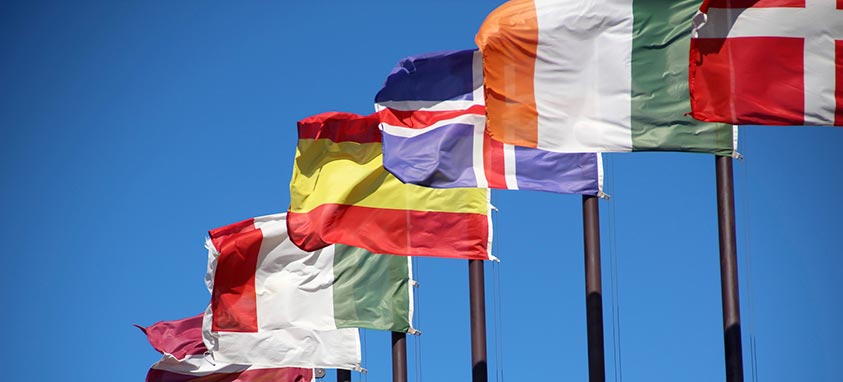As more organizations establish a multinational presence and choose to hold meetings in emerging countries, planners need to think carefully about how a meeting will fit into the culture of a foreign nation. It is important for these planners to stay aware of specific country traditions to ensure success for all attendees during multinational meetings.
Selecting the Venue
When selecting destinations and venues for multinational meetings, the destination should be chosen with several considerations in mind.
The first consideration is the air transportation to and from the event. Meeting planners must do an analysis to understand what it is going to take for attendees to get to the event. This includes pricing, ease of travel and the understanding of any major local holidays.
Secondly, consider the size of the upcoming meeting. For example, if it is a small board meeting, it is important to select a smaller venue to ensure that attendees do not feel overwhelmed by the space. In this case, selecting a venue that is easy to navigate makes the attendee experience more seamless and can increase comfort when dealing with multiple languages.
Lastly, it is imperative to factor in the type of meeting, as the sensitivity and security varies depending on the type of event being held. For example, when holding a meeting surrounding a product launch, meeting planners need to make sure competitors will not be on the same floor or around the same property. Even a global sales meeting can require high security to help ensure strategies and plans are only shared within the organization.
Pre-Trip Communications
Communication prior to the event allows meeting planners to ensure that all attendees arrive prepared for both their meeting and destination. This includes everything from issuing border-crossing documents in advance to determining the accessibility of technology and connectivity, as well informing attendees of important local customs.
Information security is an extremely important area to consider, as attendees should be aware of a country’s practices before traveling. Meeting planners should determine if the country or region where the meeting or event is taking place has unique risks as well as decide if the location warrants additional security measures. Given this, it is also important to establish a general set of data security guidelines for all travelers.
Understanding the culture of the location in which the meeting is being held is equally as important. Meeting planners should communicate any dress code guidelines for men and women, in addition to local meal customs. Having this level of knowledge in advance sets the tone for the remainder of the meeting and diminishes the chance for offending locals.
Although it has traditionally been easier to hold briefings in advance for small group meetings, cultural awareness is something meeting planners are prioritizing more often in large groups as well.
Language and Local Culture
Most organizations have a primary language in which their company conducts business. However, with an attendee group that may speak different languages, it is important to ensure attendees understand key messages and feel connected to each other regardless of their language.
This requires meeting planners to collect information from attendees in advance in order to secure translators based on the languages spoken. In a large meeting, sessions can be translated and transmitted to headphones.
Mobile apps can also help neutralize language barriers because they can be made available in a variety of different languages. The apps can be equipped with maps so that attendees are able to navigate in their own language.
Meeting planners should also incorporate local foods and beverages, as well as local customs into the meeting when possible. It helps to give attendees a sense of place and allows them to feel like they have experienced the local community on a level beyond the conference center.
When planning a meeting for a multinational audience, meeting planners must balance the goals of the meeting with other elements like safety and security and the opportunity experience the local culture. Attendees will ultimately leave feeling well traveled, as well as more connected to their multinational colleagues and peers.
Stephanie Harris is director of global marketing for American Express Meetings & Events, which provides end-to-end corporate travel and meetings program management through booking technology, smart analytics and worldwide strategic partnerships.





